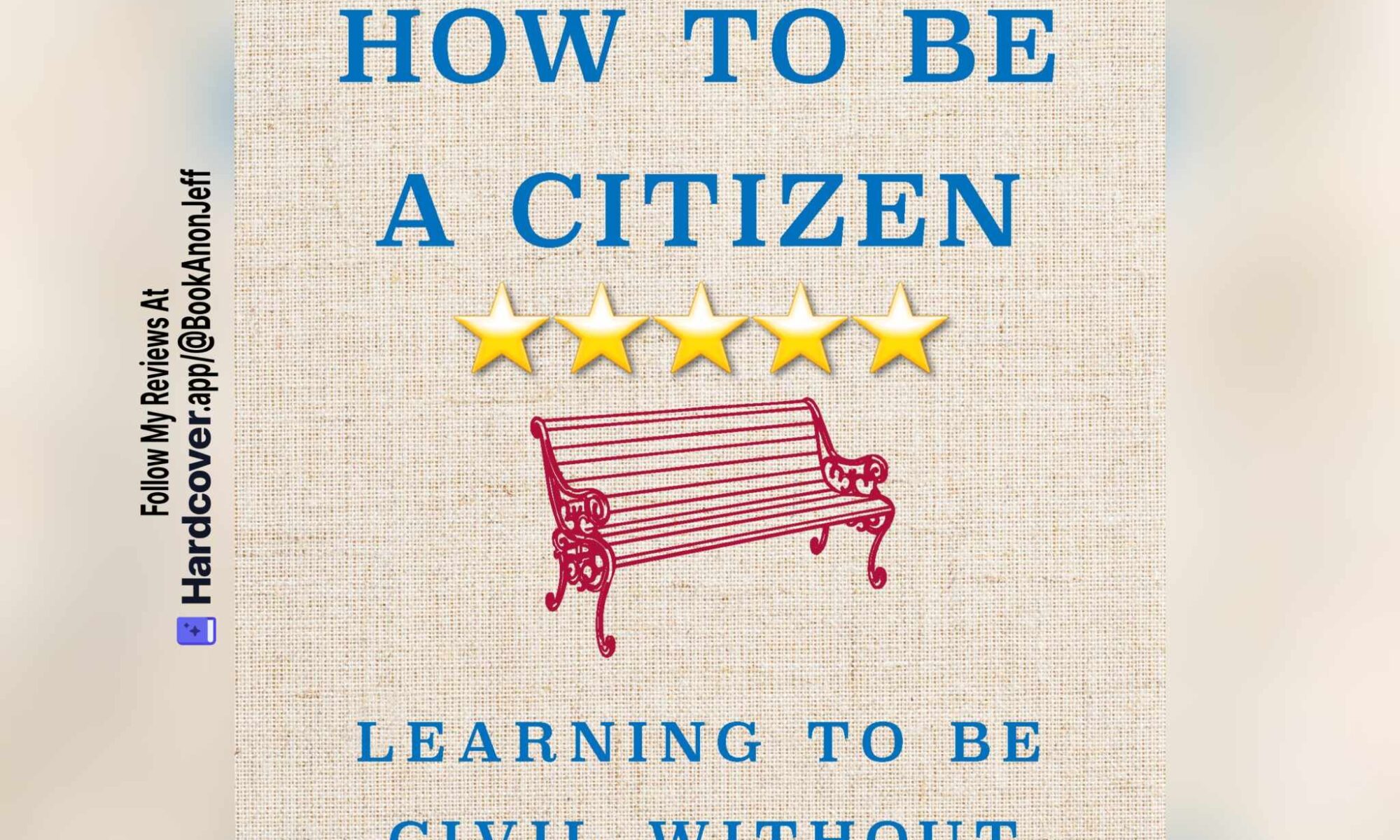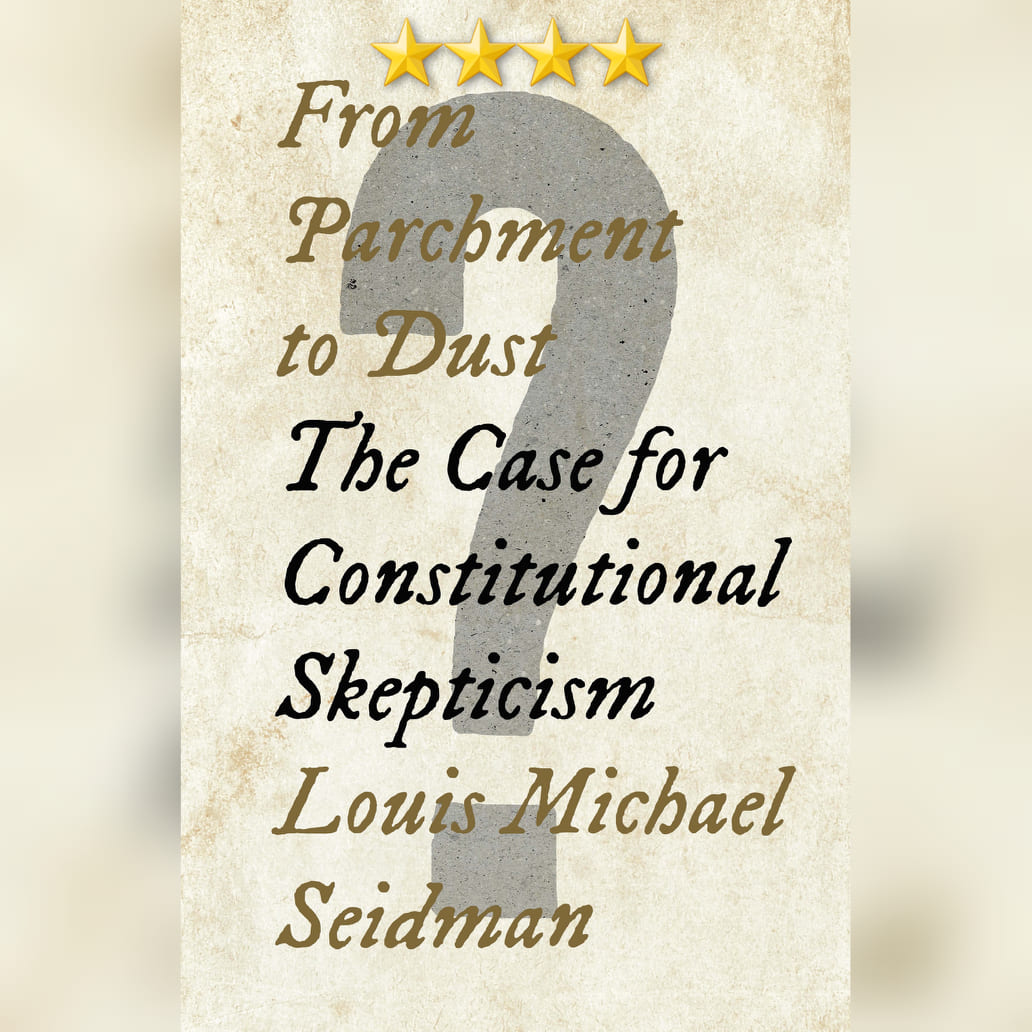Making The Case For Practical Anarchy While Proclaiming Non-State Democracy. As an avowed and open Anarchist, any time I find a book proclaiming in its title to be about how to live effectively in community without the State… I tend to pick it up.
Here, Skach makes quite clear that she is terrified of a particular “A” word (that I’ve already used twice in the preceding paragraph) and instead proclaims her arguments to be in favor of State-less democracy… while failing to realize that Anarchy literally means only “no government” – ie, “no State”, ie, “Without the State” (to use the exact phrasing from the subtitle). As Lysander Spooner and other thinkers over the Millenia have espoused, there can be numerous forms of order under Anarchy – Anarchy has never meant “without order”, only “without government”. Thus, Skach’s preference for community-based democracy falls right in line with the very idea.
But regardless of Skach’s fear of the “A” word or your own (the reader of my review) preference for any other form of community organization, Skach actually does a truly remarkable job of showing just how a Stateless – ie, Anarchic – society could practically work *even in the current environment*. Yes, there are numerous issues she doesn’t touch, and yes, there is plenty of room for the usual “what if” game that proponents of State and its slaughter of literally hundreds of millions of people in the last 150 yrs alone routinely bring up.
But for those who don’t think it can work even at a very basic level, that survival would be impossible because the world would be “without order”, Skach makes clear that both spontaneous and coordinated order can be had – and can be had in a far better manner than at present – *without* the State.
There will be many who won’t read this book at all or won’t truly consider its ideas, but for those who are willing to at least consider the possibility that perhaps the West (and East, insofar as their systems of government go) could do better, that perhaps the US in particular *has* to have some better way of doing things… maybe pick this book up. Read it slowly. Truly ponder its ideas and trul ruminate over them, asking yourself the hard questions about why you may think the State is the best answer, even in the face of so much evidence to the contrary.
Oh, and the fact that this book is releasing in the US going into its biggest State holiday weekend, when the entire country – and, due to the US’s prominence since 1944 or so, even large parts of the entire world – will be celebrating a few hundred thousand people declaring their independence from the *then* global superpower… well, that’s just icing on this particular cake.
I will note, as really more of an aside, that the bibliography clocks in at just 17% of the Advance Review Copy edition of the book I read, which is perhaps a touch low – but I’ve also been openly stating for a bit now that perhaps my 20-30% standard should be lowered a touch given so many more recent books have been a touch lower than this, and 17% seems like it would fit within the true current average, if maybe still a touch on the lower end of the range.
Overall a truly excellent book so far as it goes, I personally just really wish it had more openly embraced the very concepts even its title openly yet not brazenly proclaims. Very much recommended.
This review of How To Be A Citizen by C.L. Skach was originally written on April 11, 2024.


